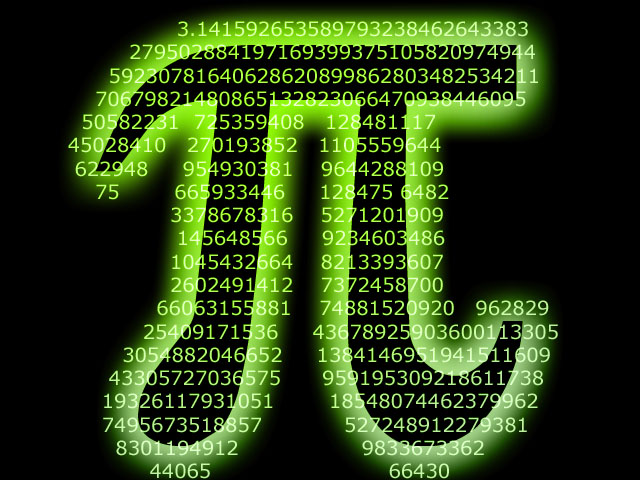Monkeys and Typewriters
for some reason there’s a lot of confusion about the topic of monkeys and typewriters. I’m not sure how it originated. Sometimes in the late 19th or early 20th century, people started believing that if you put some number of monkeys at typewriters, they’d eventually produce something.

A monkey
I’ve heard variation in both the numbers and the text to be produced. Some versions say 13 monkeys, others say 700 or 5,000. Some say they’ll produce the complete works of Shakespeare, while others say it’s the U. S. Constitution or Moby Dick. None of them are very precise on the details.

A typewriter
In fact, there are many problems with this statement. First of all, a monkey at a typewriter would not be guaranteed to type anything. It wouldn’t even be guaranteed to stay at the typewriter. If it was guaranteed to type, it still might not type all of the keys, but might instead limit itself to a small subset of them. And worst of all, it would eventually die. Monkeys tend to do that.

A chimpanzee (which is not a monkey) at a typewriter
Suppose we lay aside those difficulties for a moment. Imagine we had a monkey that would type diligently at sixty keystrokes per second, every second. Since there are 26 letters in the alphabet–we ignore punctuation and capitalization–this means that there’s a 1in-26 chance that the first letter would be ‘c’. Likewise there’s a 1-in-26 chance that the second letter would be ‘a’. Since 26 multiplied by 26 is 676, there’s a 1-in-676 chance of the monkey producing ‘ca’ together. Extending the process a little bit, we find a 1-in-456,976 chance of it typing the word “call”. And there’s a 1-in-64,509,974,703,297,150,976 chance of it writing the sentence “Call me Ishmael.”

The Complete Works of Shakespeare
Alternately we could think of it like this. Even our very diligent hypothetical monkey would have to type for more than a trillion years before the odds of it typing “Call me Ishmael” were great than one half. Given that time frame, I suggest we dump typewriter-equipped monkeys once and for all.


Recent Comments